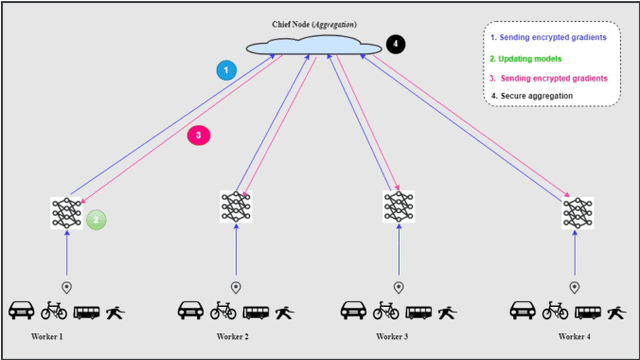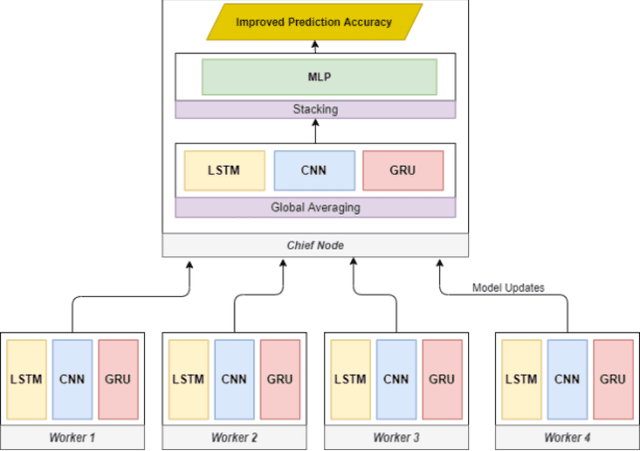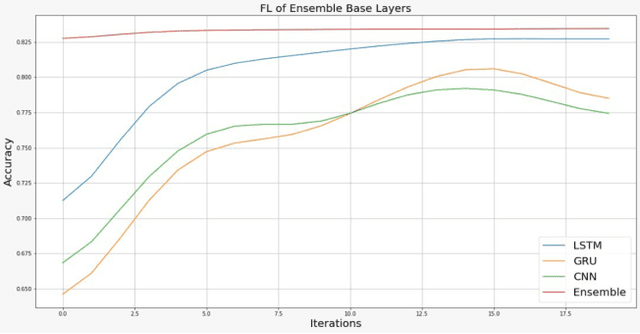Daniel Opoku Mensah
Robustness Analysis of Deep Learning Models for Population Synthesis
Nov 23, 2022



Abstract:Deep generative models have become useful for synthetic data generation, particularly population synthesis. The models implicitly learn the probability distribution of a dataset and can draw samples from a distribution. Several models have been proposed, but their performance is only tested on a single cross-sectional sample. The implementation of population synthesis on single datasets is seen as a drawback that needs further studies to explore the robustness of the models on multiple datasets. While comparing with the real data can increase trust and interpretability of the models, techniques to evaluate deep generative models' robustness for population synthesis remain underexplored. In this study, we present bootstrap confidence interval for the deep generative models, an approach that computes efficient confidence intervals for mean errors predictions to evaluate the robustness of the models to multiple datasets. Specifically, we adopt the tabular-based Composite Travel Generative Adversarial Network (CTGAN) and Variational Autoencoder (VAE), to estimate the distribution of the population, by generating agents that have tabular data using several samples over time from the same study area. The models are implemented on multiple travel diaries of Montreal Origin- Destination Survey of 2008, 2013, and 2018 and compare the predictive performance under varying sample sizes from multiple surveys. Results show that the predictive errors of CTGAN have narrower confidence intervals indicating its robustness to multiple datasets of the varying sample sizes when compared to VAE. Again, the evaluation of model robustness against varying sample size shows a minimal decrease in model performance with decrease in sample size. This study directly supports agent-based modelling by enabling finer synthetic generation of populations in a reliable environment.
eFedDNN: Ensemble based Federated Deep Neural Networks for Trajectory Mode Inference
May 11, 2022



Abstract:As the most significant data source in smart mobility systems, GPS trajectories can help identify user travel mode. However, these GPS datasets may contain users' private information (e.g., home location), preventing many users from sharing their private information with a third party. Hence, identifying travel modes while protecting users' privacy is a significant issue. To address this challenge, we use federated learning (FL), a privacy-preserving machine learning technique that aims at collaboratively training a robust global model by accessing users' locally trained models but not their raw data. Specifically, we designed a novel ensemble-based Federated Deep Neural Network (eFedDNN). The ensemble method combines the outputs of the different models learned via FL by the users and shows an accuracy that surpasses comparable models reported in the literature. Extensive experimental studies on a real-world open-access dataset from Montreal demonstrate that the proposed inference model can achieve accurate identification of users' mode of travel without compromising privacy.
 Add to Chrome
Add to Chrome Add to Firefox
Add to Firefox Add to Edge
Add to Edge